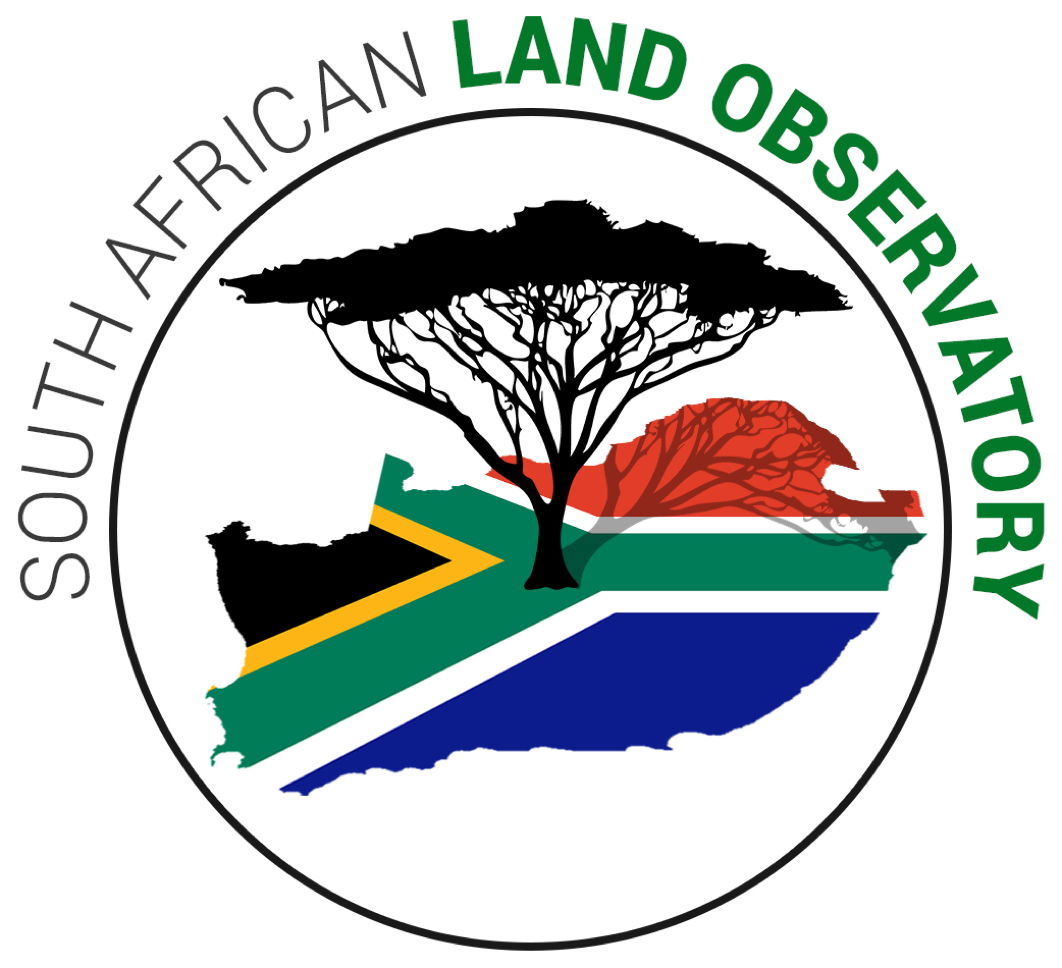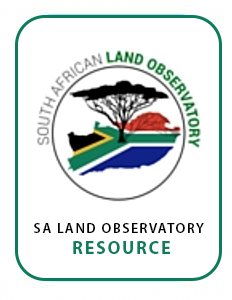Location
The South African Land Observatory is an initiative whose overall objective is to promote evidence-based and inclusive decision-making over land resources in South Africa. As its name ‘Observatory’ suggests, it collects data and information on land. The initiative is a repository of what is published on land in South Africa and on the events that take place around land in South Africa. In addition, it makes user-friendly land-based information available to all stakeholders with the aim of creating an informed land community in South Africa, through facilitating access to data, information and networking. It is, most importantly, a one-stop help desk for the land community to debate the pressing questions of land ownership and land use in South Africa.
Members:
Resources
Displaying 6 - 10 of 110Is contract farming an inclusive alternative to land grabbing? The case of potato contract farming in Maharashtra, India
In the recent explosion of attention given to the land grabbing phenomenon, contract farming has been identified as a potentially inclusive alternative for smallholders to outright acquisition of farm land by agri-business capital. This paper responds to these claims by resituating contract farming as an equally important form of land control. The focus of the paper is a case study of potato contract farming in Maharashtra
Incommensurabilities of the SADC Land Issue and Nozick’s Entitlement Theory
Racialised land ownership in former apartheid-governed states of the SADC remains the most divisive subject particularly between Western states and SADC states themselves. Western states have reacted to the SADC land reform programme (LRP) by imposing severe economic sanctions on target states while SADC states have, in the aftermath of the Campbell decision, suspended the very SADC Tribunal for handing down that decision, pending review of its jurisdiction.
Land expropriation without compensation: Possible impact on the South African agricultural economy
Recently, in its policy conference held in Johannesburg, South Africa from 30 June to 5 July 2017, the African National Congress (ANC) once again put on the table the possibility of land expropriation without compensation. In his closing remarks on the last day of the conference, President Zuma stated that “where it is necessary and unavoidable, land expropriation without compensation may be pursued.”
Landed Traders, Trading Agriculturalists? Land in the Economy of the Italian Diaspora in the Greek East
This paper revises current understandings of the rôle of land in the economy of the Italian diaspora in the Greek East in the second and first centuries b.c., arguing that these Italians owned more land than has previously been assumed and that many of these Italian landowners practised a highly commercialized form of agriculture that focused on high-end products. This strategy shaped what empire meant both locally and in Italy and Rome, where the products they marketed fed into the ongoing consumer revolutions of the time.
Land conflicts highlight a critical role for universities
African universities have a key role to play in developing technical and human capacities to support land policy development and implementation, according to experts attending a two-day meeting to validate a study on ‘Land, Ethnicity and Conflict in Africa’, held last month in Addis Ababa, Ethiopia






